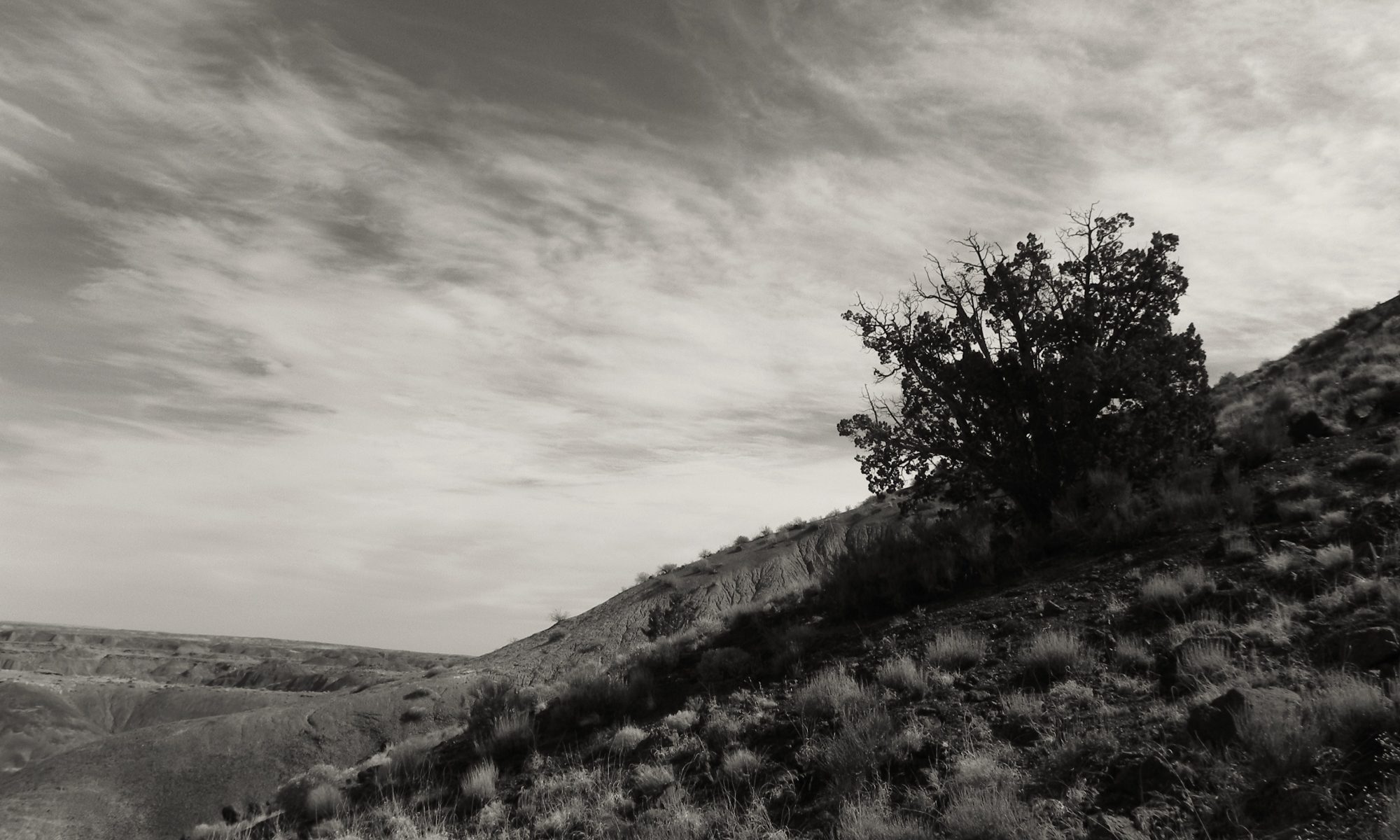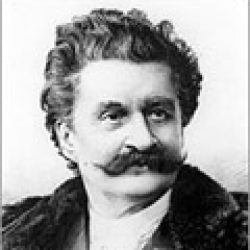Why not Rotary Connection? That’s a question I ask myself more often than, well, everybody. But it often comes up around mid-November, when radio stations (at least 2 of them where I live) switch to 24/7 Christmas music. The playlists – even between rival stations – are so similar, so repetitive and limited, and are sprinkled with songs that have no Christmas content (“Baby It’s Cold Outside,” “Winter Wonderland,” “Let It Snow,” “Jingle Bells,” “Sleigh Ride,” etc.), that I wonder, why not throw something else into the mix? Why not Rotary Connection?
I’m not one of the people who complain about Christmas music being played too early in the year. (I listen to it basically year-round.) For those kind of people I have two things to say. The first is the direct and dismissive “just change the station.” The second is, what are you missing out on when a station switches over to all-Christmas programming? It’s not like you’re being deprived of anything good, or hard to find. Upset you can’t hear “Hotel California” ten times a day? Just switch to one of the other stations that play it on repeat. But for me, regardless of the month, I’m choosing Christmas music – no matter how overplayed or boring (even if it’s Perry Como) – over whatever it’s replacing.
Rotary Connection was a Chicago-based blues/soul band active from the mid 60s to mid 70s. While they aren’t the first or last band to have experimental tendencies and attempt a kind of self-conscious fusion, they are one of the few to have the chops to pull it off. Start with a sort of cheeky confidence, add a touch of psychedelia and some great, classically influenced arrangements, and the result is engaging listening, even when they miss the mark. For some fun examples check out what they do with other people’s material: a cover of Otis Redding’s “Respect” that’s stretched to the point of being almost unrecognizable, or a rendition of Bob Dylan’s “Like a Rolling Stone” that omits the wordy verses entirely, leaving the chorus as the only sung part of the song.
Rotary Connection’s Christmas album Peace was released in 1968 and contains a mix of original songs, three versions of “Silent Night,” and some odds and ends. The cover alone, featuring a trippy Santa holding miniature versions of the band members, should give you an idea of what’s to come. One might expect some of the typical “peace and love” business common to the period, but there’s too much imagination here for it to be a retread. The opening of the album might feel a touch too naive, but it’s all calculated. When a slight breeze of disillusionment blows through the song “Christmas Love” at the mention of Vietnam it brings the listener back down to earth in a meaningful way.
The first standout track is “Shopping Bag Menagerie,” a message song about the over-commercialization of Christmas (and a reminder that such concerns are not unique to the present day). Unlike other songs in this vein it’s introspective and sincere enough to not come off as overly preachy. The line “So we put it in our shopping bags and hurry home to rest” and its variants serve as a haunting little refrain that is heartbreaking in its resignation.
The best of the “Silent Night” renditions is the second. The familiar tune is here heard in a wordless, sparse, percussion-heavy arrangement. A solo guitar handles the melody and is joined by Minnie Riperton (singing up in the stratosphere, as you would expect) in the second verse. She plays a similar role in another Rotary Connection song – a version of Stevie Wonder’s “This Town” – and it is a fantastic effect there as well.
The jewel of the album is “Peace at Least” (sometimes incorrectly listed as “Peace at Last”), a joyous, infectious song that speculates on Santa’s odd behavior. Why does he ride so late at night? Why come down the chimney rather than use the door? Because he’s high, of course. The image of Santa getting stoned by smoking mistletoe is funny enough on its own, but the faux-concern in the line “What would ever happen if he gave some to the kids?” puts the idea over the top.
There are a couple of throwaway tracks, but they generally work within the flow and context of the album. The exception for me is “Sidewalk Santa,” a song that seems like it has something to say but just comes off as mean-spirited. Still, this is a great album to put on when you’re, say, sipping some eggnog and putting up the tree. I can’t be the only one who gets the urge to do this in October, right?


